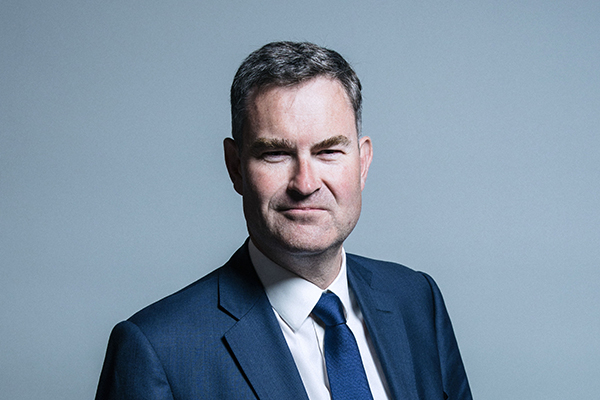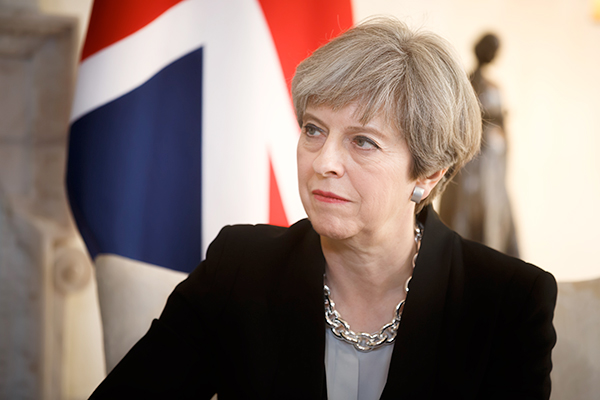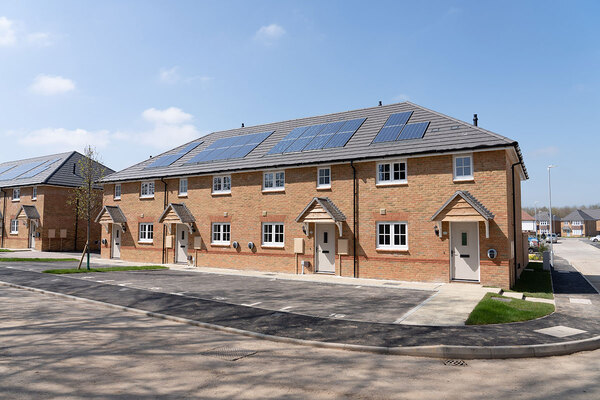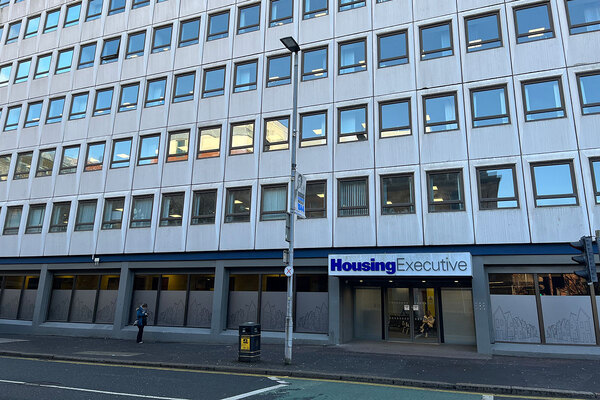You are viewing 1 of your 1 free articles
Gauke: ‘unacceptable’ for social landlords to evict Universal Credit tenants
It is “simply unacceptable” for social landlords to evict tenants due to arrears built up when switching to Universal Credit, the secretary of state for work and pensions has said.
David Gauke told the Work and Pensions Committee hearing on Universal Credit this morning that a “pre-action protocol” should prevent housing associations and councils from taking action when tenants were waiting for their first payment.
“There has been a suggestion that we’re seeing housing associations seeking to evict tenants because of failure to pay because people have gone on to Universal Credit. We have seen one case of eight people,” he said.
“We are improving the system whereby social landlords can be paid directly through an alternative payment arrangement, which means essentially the money goes straight to the landlord rather than to the tenant.
“In those circumstances it simply isn’t acceptable for a housing association or a council to evict people simply because they’ve gone on to Universal Credit and there’s been a delay in payment because they will be getting their rent paid.”
It came as Neil Coyle, Labour MP for Southwark, said Southwark Council has more than 1,000 tenants who are on Universal Credit and have “eviction-level arrears”.
Mr Gauke also announced that the 55p per minute helpline will be changed to a free phone line “over the next month” because of the “recent attention and concern that this could place a burden on claimants”.
This will also be extended to all Department for Work and Pensions (DWP) phone lines by the end of the year, he added.
Elsewhere in the hearing Mr Gauke admitted that 4% of claimants are not receiving their first Universal Credit payment within 10 weeks. He did not specify which month this figure was taken from but there were 57,000 people in the past month alone who moved on to Universal Credit, so the 4% amounts to thousands of claimants.
However Neil Couling, director general of Universal Credit, admitted that the data on people waiting more than six weeks for their first Universal Credit payment is not robust enough to be reported.
Heidi Allen, a Conservative MP who sits on the Work and Pensions Committee, said the increasing number of Universal Credit claimants receiving advance payments – from 38% in April to 52% in July – suggests that these payments are “papering over the fact that the six-week wait doesn’t work”.
Mr Gauke said the best way to address this is to “increase awareness” of advance payments and for the “most vulnerable” the seven waiting days do not apply. He added that his “slight worry” is that people are receiving lower advance payments than they are entitled to.
Mr Couling said the DWP does not collect data on why advance payments are refused for some claimants.
The Liberal Democrats have announced that they will back Labour’s call for a pause in the Universal Credit roll-out, which will be put forward in an opposition day debate later today.












